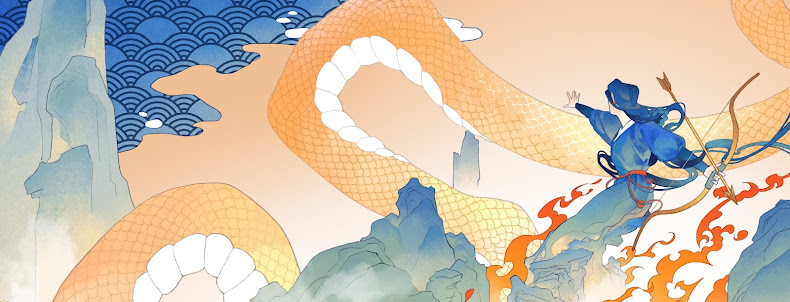I read The Kill (La
Curee) about three years ago and liked it so much as to have written a long
review of it in my Asia Sentinel (an online magazine) blog. I’ve dug out that
review and have shortened it a bit for sharing here.
The Kill (La Curee)
is the second in Emile Zola’s twenty-volume Rougon-Macquart saga, which is a
fictional historical account of a family under France’s Second Empire, a
semi-despotic, semi-parliamentary kleptocracy of Louis Bonaparte Napoleon III.
This novel aroused my interest in the author Emile Zola, whom, after deeper
research into his life and works, I’ve come to like and respect.
As suggested by the title of the novel, the hunting spoils
(the French term is “la curee”) are rewards for the hounds for killing the
quarry. In allegorical interpretation, spoils of economic development are
rewards for those callous enough to prey on the weak and vulnerable. This is
the main theme of the novel.
The story of The Kill
is set in Paris during the reign of the Second Empire, a city that was
undergoing dramatic transformations highlighted by greed, graft and conspicuous
consumption. The background setting features massive public works which include
demolition of broad swaths of old Paris for the construction of spacious
boulevards and widespread expansion of railroads. The social backdrop tells of
how the middle-class rushes to embrace new-found gold-digging opportunities and
how the government wades knee-deep in corruption and cronyism.
“From the very first days Aristide Saccard sensed the
approach of this rising tide of speculation, whose spume would one day cover
all of Paris. He followed its progress closely. He found himself smack in the
middle of the torrential downpour of gold raining down on the city’s roofs. In
his incessant turns around city hall, he had caught wind of the vast project to
transform Paris,
of the plans for demolition, of the new streets and hastily planned
neighborhoods, and of the massive wheeling and dealing in land and buildings
that had ignited a clash of interests across the capital and set off an
unbridled pursuit of luxury…..”
Against this background, the main story line centers on
Aristide Saccard’s rapacious graft at the government office and his coldhearted
exploitation of his beautiful but soulless wife Renee, and simultaneously
threads through a materially decadent and morally depraved period of her life, which
culminates in her engagement in incest with her step-son Maxime. The story ends
with an abrupt and cruel shattering of Renee’s self-indulgent delusions, her
heartbreak caused by her discovery of her husband’s and Maxime’s heartless
betrayal of her. Her tragic end has a dark symbolic ring to it.
